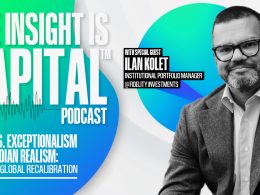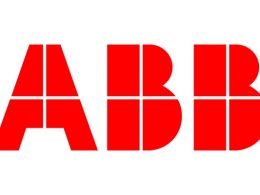Emerging Markets Cheat Sheet (June 20, 2011)
Strengths
- Chinese Vice Premier Li Keqiang said the central government will increase funding for affordable housing projects.
 The National Development and Reform Commission says China will approve more coal-fired power projects to ease power shortages in the country.
The National Development and Reform Commission says China will approve more coal-fired power projects to ease power shortages in the country.- China’s industry value-added production went up 13.3 percent in May, showing steady growth during a monetary-tightening macro environment. Consumer spending also showed resilient growth at 16.9 percent, slightly lower than 17.1 percent in April. Real estate investment was up 34.6 percent, mostly from affordable housing projects. After showing strong growth for the first four months of the year, fixed asset investments increased 25.8 percent for the year-to-date period.
- Turkish deposit and credit penetration caught up with average emerging Europe levels over 2008-2010, while it maintained a self-funded system similar to Czech Republic. This was in contrast to other countries with funding gaps.

Weaknesses
- China saw the lowest new loan and money supply growth in May since 2008. New bank loans totaled Rmb 551.6 billion, while M2 growth was 15.1 percent.
- Hong Kong has raised the minimum down payment for home buyers to cool housing prices.
- China’s inflation in May hit a 34-month high, reaching 5.5 percent year-over-year, but lower than the market’s estimate. The producer price index stayed flat at 6.8 percent, but the industry input price was up 10.2 percent year-over-year, clearly showing downside pressure on industrial gross margins.
- Food prices increased 11.9 percent in May, mostly due to the drought across China during the spring season this year.
- The People’s Bank of China (PBOC) raised the reserve requirement ratio by 50 basis points (to 21.5 percent) for the sixth time this year.
- China’s M2 growth was at 15.1 percent in May, 0.2 percent lower than April, showing a downtrend of money supply as intended by the central bank. A recently published PBOC survey has shown that industries are hoping for a reversal of the monetary tightening policy.
- The Beijing-Shanghai high speed train will officially start operations by the end of June, which is seen as a negative to airline passenger flows.
- Emerging Europe PMIs in May confirm that the region’s manufacturing industry is losing the tailwind provided by the global economic recovery. The slackening comes amid monetary and fiscal tightening in China and Europe.
Opportunities
- HSCI financials decreased 5.4 percent year-to-date, and are down more than 8 percent in June. China’s major banks are currently trading below their historical average, with a price-to-book of 1.77 times or lower, a level which we believe shows great value for investors.

- Natural gas from reserve-rich Turkmenistan, Kazakhstan and Uzbekistan could be the best match for China’s gas needs. Turkmenistan alone could probably deliver much more than the currently contracted 30 billion cubic meters of gas from the giant 1.8 trillion cubic meter South Yoloten field, which is currently under a $10 billion development – financed by CNPC loans. A newly constructed 40 billion cubic meter Central Asia–China pipeline fits snugly into existing Chinese gas infrastructure and could probably be expanded to take extra gas volumes if the deals with Russia fail.
Threats
- The PBOC may raise interest rates soon to help curb inflation. In China, the one-year deposit rate is currently at 3.31 percent. At a 5.5 percent inflation rate, the real rate is 2.29 percent, adding pressure for further rate hike.
- Prolonged uncertainty on the political front in Greece translates into instability of the deposit base in Greece and other periphery economies. The Balkan countries are most at risk, with Bulgaria most vulnerable. Greek banks have lent more than 31 percent of Bulgarian GDP to Bulgarian entities.











